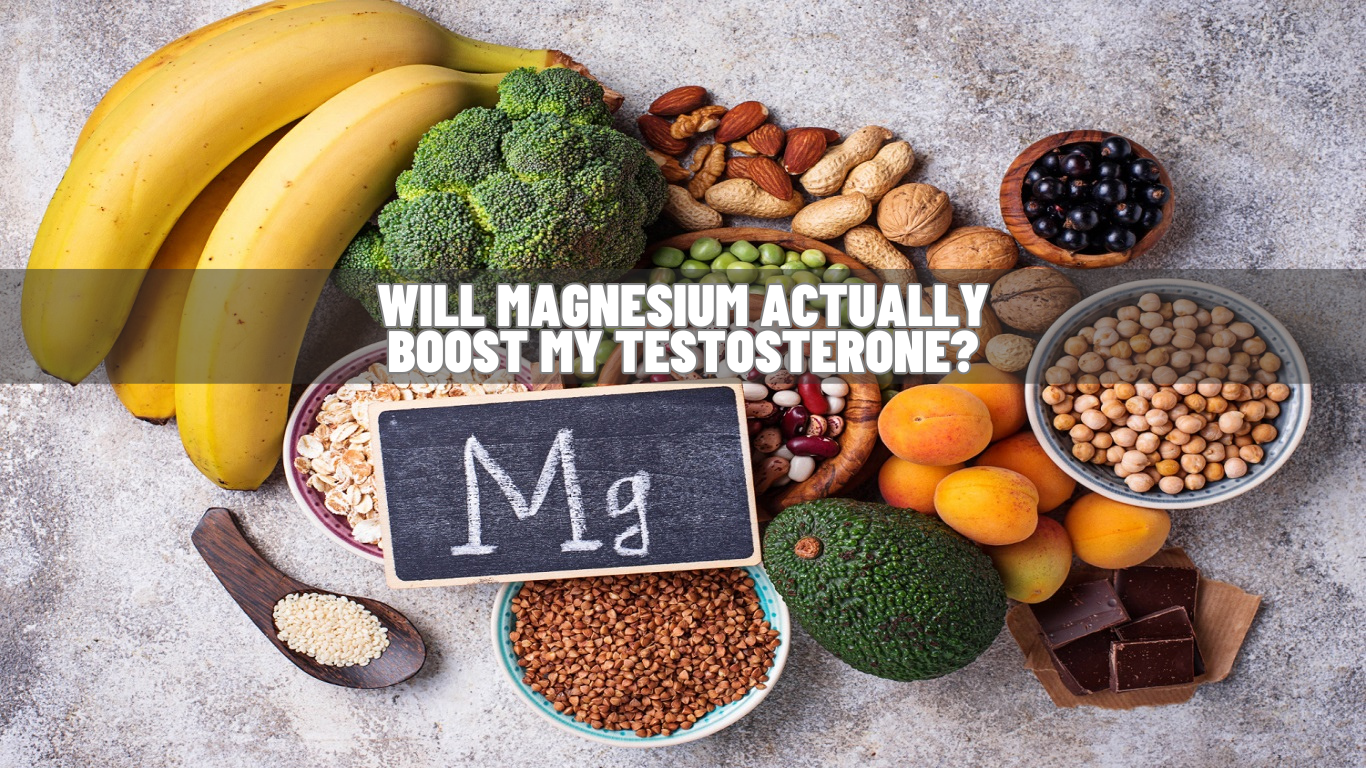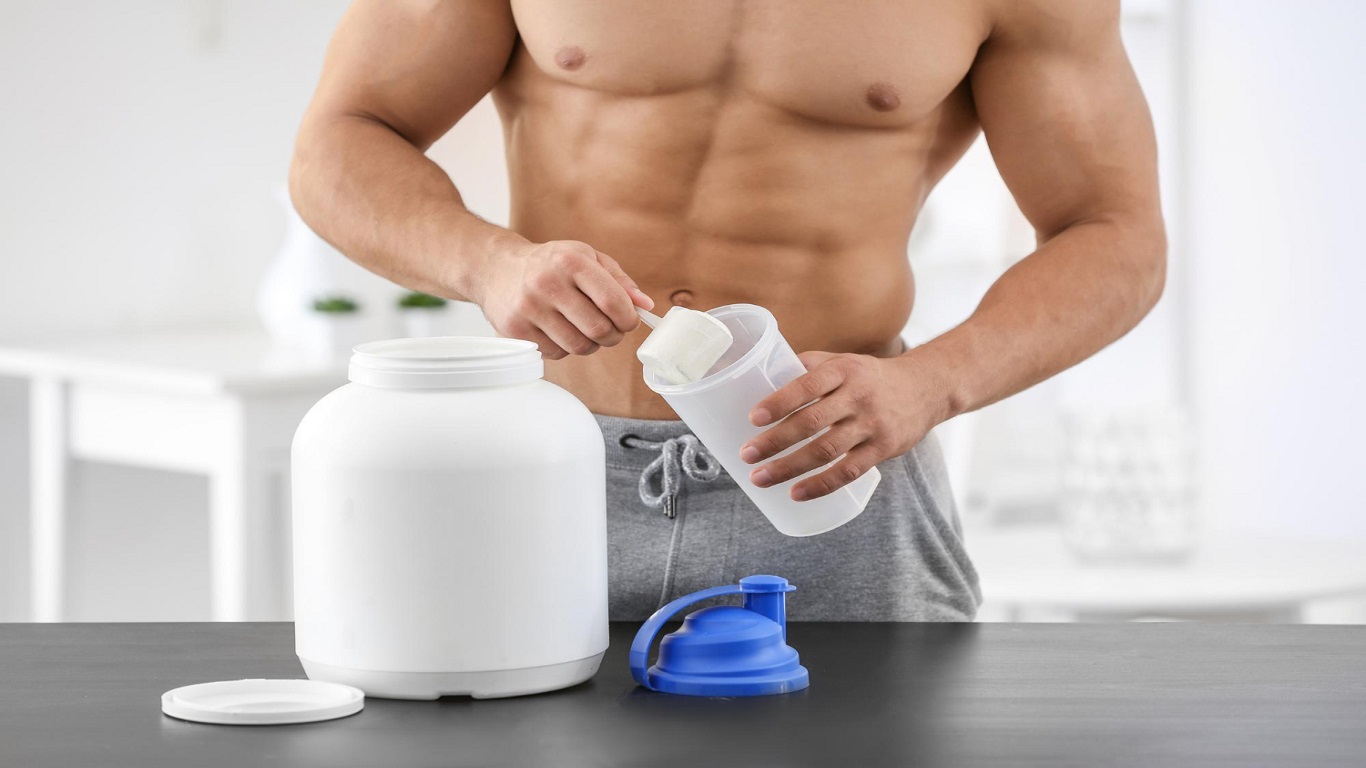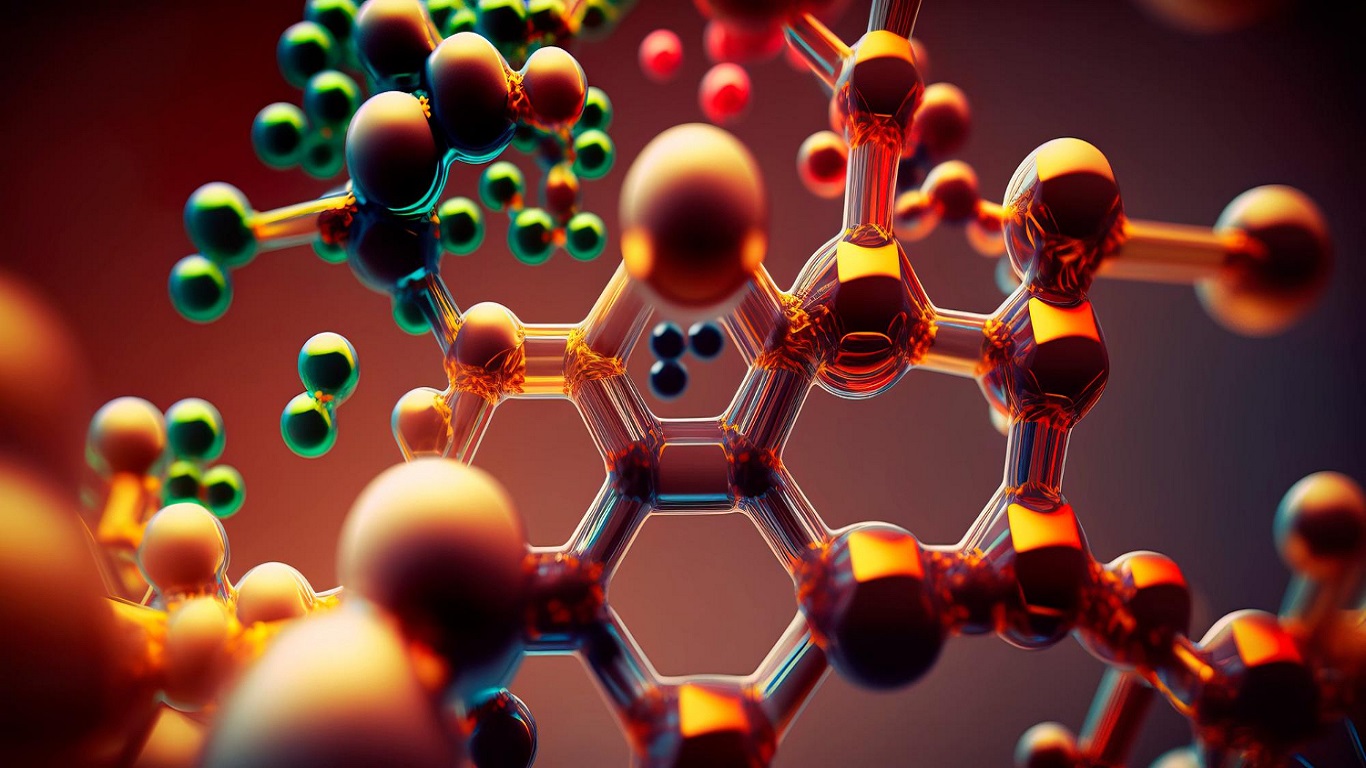This article is based on scientific evidence, written by experts and fact-checked by experts.

Magnesium is a mineral commonly found in dark leafy greens, cereals, seeds, and seafood. Recent literature demonstrates that it is capable of increasing the testosterone hormone in a male’s body. The recommended intake of this mineral, according to the Journal of Nutrition, is 420 mg per day for men and 320 mg each day for women.
Still, almost half of Americans of different age groups consume less magnesium from healthy food sources and have consistently low intakes. Magnesium is a crucial mineral and essential ion that is vital in protein synthesis, optimizing nerve functions, and modulating blood pressure. In this article, we will thoroughly investigate different studies that point to its positive influence on testosterone in men.
The Effect Of Magnesium On Testosterone Levels

The most popular and extensively cited study on the link between magnesium intake and testosterone levels in men presents a positive conclusion. The experiment evaluated how a month of magnesium supplementation and physical exercise impacted the free and total plasma testosterone levels of athletes.
The assessment was made on athletes practising tae kwon do and sedentary controls after finishing the practice. It was found that the free plasma testosterone improved significantly at exhaustion pre and post-magnesium supplementation. Similar increases were discernible for total testosterone. Thus, researchers conclude that magnesium supplementation raises both free and total testosterone values in men.
In another study, researchers found that magnesium levels in older men are prominently associated with T-levels and the insulin-like growth factor 1 hormone. This is irrespective of factors like the men’s health status, whether they are smokers or not, overweight or healthy.
Zinc And Magnesium Supplementation’s Impact On Testosterone

In order to discern the noticeable effects of increased magnesium on testosterone, researchers made a unique blend of 30 mg zinc monomethionine aspartate, 450 mg magnesium aspartate, and 10.5 mg vitamin B-6 (ZMA). They then administered it to football players over an 8-week period. To compare the effect of magnesium intake on testosterone more clearly, researchers also used another group that took a placebo. The findings of the experiment showed that free testosterone levels got a boost with ZMA. It increased significantly compared to taking a placebo. Furthermore, the players also experienced an increase in muscle strength apart from higher testosterone.
This study also evaluated the effects of zinc-magnesium administration on hormones and strength. Scientists found that men who used a ZMA supplement during off-season football resistance training witnessed a considerable rise in testosterone, and muscle strength, along with IGF-1.
We can conclude after going through this research that increased magnesium supplementation results in better testosterone outcomes. It also promotes physical strength.
Magnesium Makes Testosterone More Bioavailable

Recent research has also found that magnesium makes testosterone hormone more bioavailable in the body. Bioavailable testosterone means free testosterone and that which is bound to albumin, which is a protein made by the liver. Testosterone that is bound to SHBG or the sex hormone binding globulin is, at its core, inactive. Men have up to 65% testosterone bound to SHBG and up to 64% albumin. Only 2 to 3% is free testosterone.
This free hormone, in addition to albumin-bound testosterone, presents the overall amount of Bio-T or biologically active testosterone. Studies show that total testosterone levels decline progressively from the age of 35. This decrease is particularly true for biologically active testosterone in men.
With age, SHBG takes up an increasing amount of testosterone, primarily because older men consume less protein. This lower consumption of this macronutrient accelerates SHBG’s concentration in your blood. However, experiments show that the intake of magnesium lowers the rate of testosterone attaching itself to SHBG. It means that magnesium makes the testosterone bound to SHBG more biologically active. In other words, an increase in magnesium leads to an enhancement of bioavailable testosterone.
In contrast to men, magnesium supplements lower testosterone levels in women. They are very effective at easing polycystic ovarian syndrome or PCOS symptoms. There’s no association between magnesium administration and the testosterone hormone in women after menopause.
The Bottom Line
A close examination of the prevailing evidence makes us assert that magnesium intake boosts overall levels of testosterone in men. This mineral increases total testosterone and free testosterone in men compared to those who don’t consume it. The findings show that magnesium positively influences testosterone production, and it even makes testosterone bound to HSBG biologically active.



